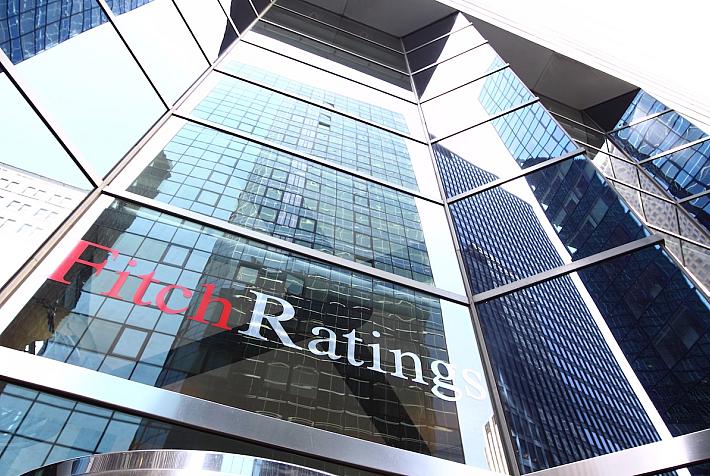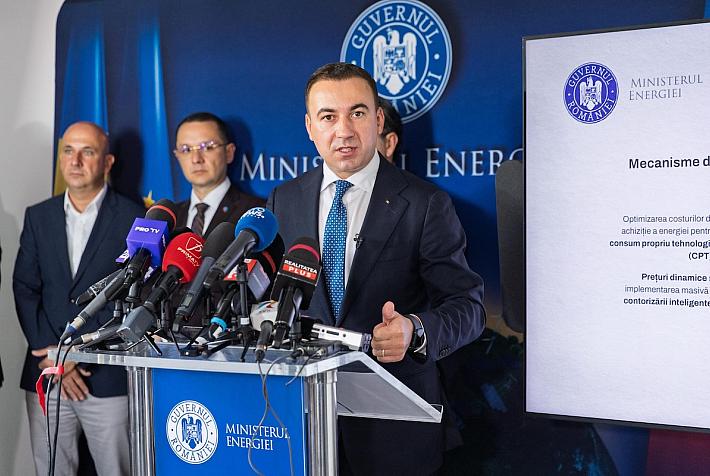Eurozone crisis: Ratings savaged, Financial Stability Facility under threat

Ratings agency Standard and Poor’s dealt the ailing eurozone a bruising Friday 13 body blow, slashing sovereign debt ratings for nine eurozone countries and giving a negative outlook to all but two countries in the single currency. France lost its triple A rating, as did Austria, while Portugal’s rating was cut to junk status. The ratings agency justified their action, stating that, “the policy initiatives taken by European policymakers in recent weeks may be insufficient to fully address ongoing systemic stresses in the eurozone.”
Six months ago French President Nicolas Sarkozy said France would not lose its triple A rating, and the cut is something of an embarrassment in his campaign for re-election in four months time. The London correspondent for French business newspaper La Tribune cited France’s tethering to the European Central Bank (ECB) as a motive for the ratings cut, rather than the current state of his country’s economy.
Germany, however, kept its triple A rating and its stable outlook. French Finance Minister Francois Baroin called the rating's cut disappointing, but said it was not unexpected. German Chancellor Angela Merkel has hailed the news as a sign that Europe must redouble its efforts and responded to concern that the European Financial Stability Facility (EFSF) may lose its triple A rating by saying “I was never of the opinion that the EFSF necessarily has to be triple A.” The EFSF, currently on credit watch negative, plays a vital role in providing bailout funds to at risk EU economies and opinion as to whether the eurozone ratings cuts will affect its triple A status is fairly evenly divided amongst commentators.
John Chambers, Chairman of the Sovereign Debt Committee at Standard and Poor's, said on US news channel CNBC, that EFSF's rating would be “resolved soon,” and added that it rests on the guarantees of member states. He went on to say that the EFSF's lending program would have to be scaled back, the guarantees of remaining triple A states increased or buffers introduced. When asked about the future of Germany's triple A rating Chambers said Standard and Poor's did not foresee “a complete rout of the eurozone,” or the break-up of the single currency.
Liam Lever, liam@romania-insider.com












